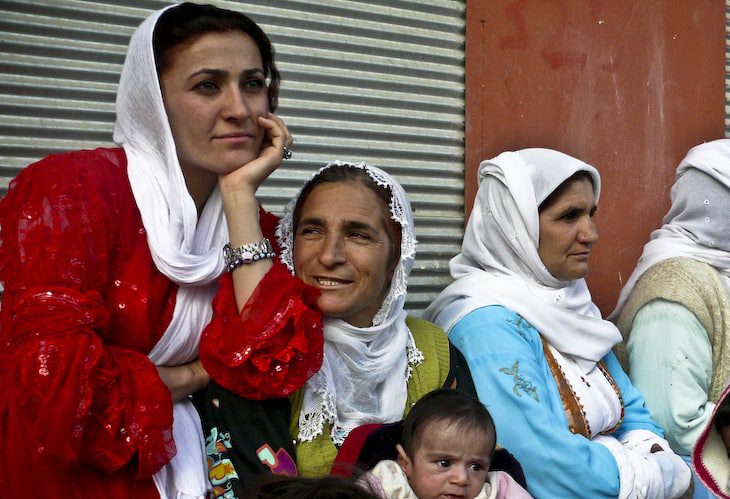In Iraq, stories produced by journalists on women’s issues were a major factor leading to increased budget allocations
“I am beaten for the slightest of reasons, and no one can object. The husband is always right… even when one of the children begs him to stop, he becomes increasingly violent and threatens to beat them.” —a 29-year-old Iraqi woman featured in a story written by a journalist who participated in Internews’ Open Iraq Initiative
An estimated 20-25% of women in Iraq have been subjected to domestic violence. Iraq does not currently have a law against domestic violence (except in the Kurdistan Region). Violence against women was exacerbated by the COVID-19 pandemic due to women being trapped at home and financial pressures.
Another threat to women’s well-being in Iraq is breast cancer, which is a major health concern and the leading cause of death for women due to increased pollution, poor access to health care, and lack of awareness about early detection.
Rezan Sheikh Dler, a Parliamentarian and a member of the Iraq parliament’s Women and Children Affairs Committee, has been a proponent for a domestic violence law and for increased budget allocations for women’s issues. “I did plan to advocate for gender-responsive budgeting in the Iraqi parliament but did not have reliable speaking data to do it,” she says.
However, in March, Internews’ Open Iraq Initiative team approached Dler and shared data driven stories produced by participants in the project about the high rate of gender based violence and the increasing rates of breast cancer in Iraq.
“Internews’ data-driven stories supported my plan to confidently fight for increased gender budgeting,” said Dler. She brought the data in the stories to parliament and following a budget vote on March 31, the gender responsive budget allocation request was approved for the first time in Iraq’s history.
The stories have become the focus of several local organizations, government institutions, and women’s rights activists. They shared the stories on their social media channels to create more attention in the community and push government and other stakeholders to take action regarding the issues.
Internews’ Open Iraq Initiative, which is funded by the US State Department’s Bureau of Democracy, Human Rights, and Labor, enables journalists and women’s civil society members to transform public data into actionable policy platforms that facilitate citizen engagement.
